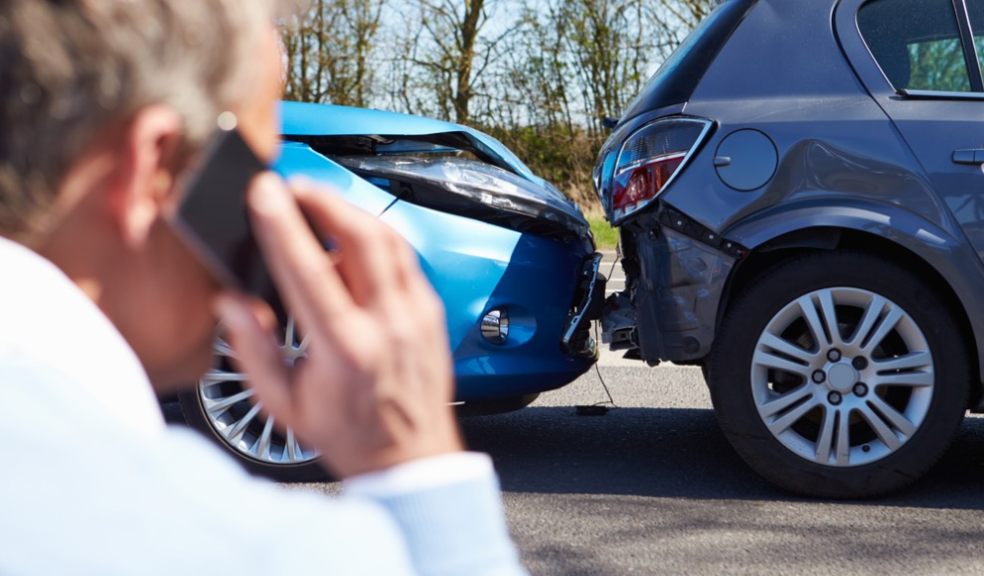
Will autonomous vehicles make our roads safer?
The dream of vulnerable road users being completely safe might be realised in the near future. It’s hoped that current innovations in the autonomous vehicle space could make it come true. But there’s a bumpy road ahead.
While huge advancements in road safety have been made over the past few decades, there are many who believe that accidents need to be further reduced. Concerns are particularly high for the ‘vulnerable road user’ category, comprising of pedestrians, cyclists and motorcyclists.
The vulnerable road user problem
This name doesn’t just refer to the fact that these road users don’t enjoy the same advanced safety systems as car drivers and passengers, but also the fact that they’re more at risk on the road. In fact, data published by the Department for Transport shows that vulnerable road users are more likely to be in a collision than any other type of road users. It also shows that just as many vulnerable road users die in road accidents as car occupants.
Yet even if a vulnerable road user doesn’t die in an accident, they’re also more likely to suffer a serious injury. And while they could make a personal injury compensation claim that could help with recovery costs if the accident wasn’t their fault, this can never fully offset the life changing consequences that a road traffic accident could mean for them.
Measures are being put in place to protect vulnerable road users – for example the new edition of the highway code puts their safety first. But while changes like this are a step in the right direction, they aren’t powerful enough to make the needed change on their own. With this in mind, many people are looking to the innovations being made in the autonomous vehicle industry to give vulnerable road users greater protection.
How could autonomous vehicles help make roads safer?
There are several levels of autonomous vehicle, ranging from cars with simple driver assistance systems to completely automated vehicles that require no driver interference whatsoever. The latter type is still far away from being on the market. But it’s hoped that, when they are available, they’ll make vulnerable road users safer in two main ways:
- By removing the driver from the equation altogether
Bad human decision making is a major cause of road accidents. Computer systems can think faster than people. They’re also unable to engage in unsafe behaviours that put vulnerable road users are risk such as driving under the influence of intoxicants, driving recklessly or using a mobile phone behind the wheel.
- By scanning for vulnerable road users
Autonomous vehicles could use mapping systems such as LiDAR – an abbreviation of light detection and ranging – scanning their surroundings for vulnerable road users. LiDAR sends out lasers into the vehicle’s environment and receives them again when they bounce back. The system uses the feedback to create a 3D model of the surroundings. The resultant 360-degree real-time visibility could help autonomous vehicles take preventative measures in the blink of an eye, helping to keep vulnerable road users safer.
What are the concerns with autonomous vehicles?
That being said, there are still several serious concerns around the use of autonomous vehicles at this time.
- Accident reduction could be less than expected
Autonomous vehicles are currently seen as the key to reducing crashes to zero, yet there are some industry analysts who predict that autonomous vehicles will have less of an impact on road safety than hoped for. The current challenge is just to build self-driving cars that operate as safely as people do. But even if this was achieved and all vehicles on the road were autonomous, a scenario where no accidents ever took place would require sensors that always worked perfectly and systems that never malfunctioned.
- The problem of moral choice
Sometimes drivers are faced with rare and complicated types of moral dilemmas on the road. For instance, a driver might be faced with two terrible options, such as running over a pedestrian or swerving into oncoming traffic. While self-driving vehicles use technology that helps them identify hazards and prevent accidents better than a human could, they won’t be as well-equipped as us to make sophisticated moral judgements such as these.
- Lack of existing regulations
There is currently little legislation or regulations concerning self-driving vehicles. Unless this changes, there will be no restrictions on what they can do when they eventually go on the road. This is a potential risk not only for the occupants but also other road users – including vulnerable road users. In an episode of The BBK Free Speech Podcast on the future of automated vehicles, Alex Glassbrook, Barrister at Temple Garden Chambers, commented that autonomous vehicles “are capable of making multifactorial sophisticated decisions that we are simply not used to delegating to machines. And that has some quite profound effects. (…) I for one think the civil standard of care for driving is going to have to adapt in some way or other to the use of advanced driver assistance and automated systems.”
So, what does the future hold?
Clearly there aren’t just opportunities with autonomous vehicles but also considerable risks that need to be accounted for. Tight regulation will be needed to ensure that autonomous vehicles make the road safer as intended.
Yet there are other benefits of autonomous vehicles that shouldn’t get forgotten in the debate. For instance, autonomous vehicles could help make transportation more accessible for the elderly, disabled people and people who aren’t qualified to drive.
National Highways Chief Road Safety Adviser Nick Reed stated in the aforementioned podcast episode: “I see self-driving technology as one of the tools we can use to actually transform the road safety landscape. Transport plays a fundamental role in society achieving prosperity. While I think safety is the number one reason for deploying the technology, we should make sure that as we regulate its deployment, we’re mindful of the societal transformation it could help us achieve."
So, will vulnerable road users ever be completely safe? It’s too early to know for sure. But at the very least, autonomous vehicles will be centre stage in the debate around road transport in the years to come.

















